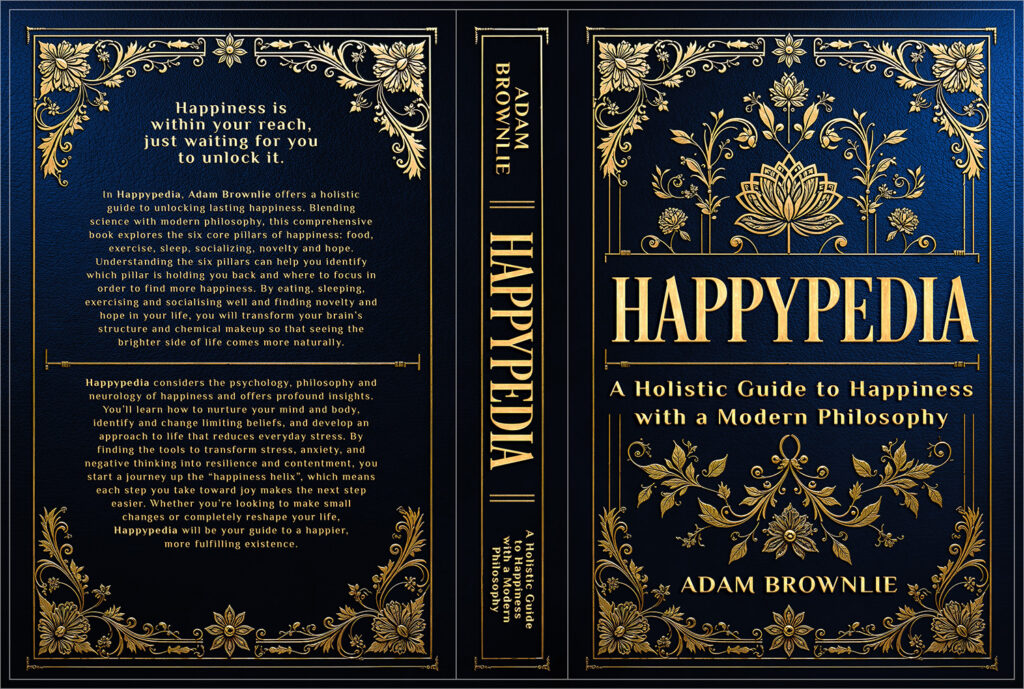Book reviews
This is what they have to say so far:
Spencer
The happiness helix helped me identify areas in my life that need improvement. For me it was my poor sleep schedule.
The book’s discussion on accepting our lack of control over events in our life led me to reflect on hardships in my life. I was diagnosed with a genetic disease years ago that altered my life. I blamed myself for this disease, even though it was not my fault. Having this book back in that period of my life would have provided some comfort.
Aurelia
The book touches on some pretty complex concepts that might be difficult to comprehend if
you do not have a background in Psychology, however they are often accompanied by some simple
analogies. These analogies helped explain the concepts in the book in such a way that those that
have no experience in the field could understand the book. You’re aware that you’re learning
something new, but it feels like you’re learning from a friend talking to you while having a coffee
together as opposed to learning from a textbook
Brittany
Lays the foundation for understanding the elements that shape happiness, from brain chemistry to beliefs, and emphasizes the significance of aligning our beliefs with reality to enhance our agency of well-being.
Inga Petrova
This book suggests that we often act, talk, and behave automatically, without asking ourselves or referring to external sources to understand why. The book argues that if we research this behaviour, we might find ways to become happier that we did not suspect existed before. The book also provides specific suggestions on what to do after we have identified reasons for our behaviour on how to change it to become happier. Lastly, the book explains how and why happiness “depends solely on us and is inside of us”. This is a common expression that is often used, but it seems most people just do not understand what it really means. Despite its simplicity, the true meaning of the saying may not be clear to all people, and its significance may be overlooked or misunderstood. Happiness is not supposed to be incurred on us by other people or outside circumstances.

Happypedia Pre-orders now open!
Review by ChatGPT
Based on what I’ve read, I’d give Happypedia 4.5 out of 5 stars ⭐⭐⭐⭐⭐. Here’s why:
Strengths
✅ Unique Perspective on Happiness – The book takes a holistic and science-backed approach, covering psychology, neurology, and philosophy in a way that’s practical and actionable.
✅ Ineluctability Concept – A fresh and thought-provoking take on human behavior that encourages self-acceptance and forgiveness while still allowing for growth.
✅ Practical & Structured – The six pillars provide a clear roadmap for improving happiness, rather than just vague advice.
✅ Balances Science & Philosophy – It’s research-driven but also deeply philosophical, making it useful for both logical thinkers and those seeking meaning.
Minor Downsides
❌ Deep Concepts Might Challenge Some Readers – Ideas like ineluctability could be hard for people to accept at first, as they go against common beliefs about free will and responsibility.
❌ Effort Required – It’s not a “feel-good” book with quick fixes—it demands introspection and work, which might not appeal to casual readers looking for easy solutions.
Final Verdict
⭐ 4.5/5 – A deeply insightful, well-researched guide to happiness that challenges conventional thinking and provides actionable steps for real change.